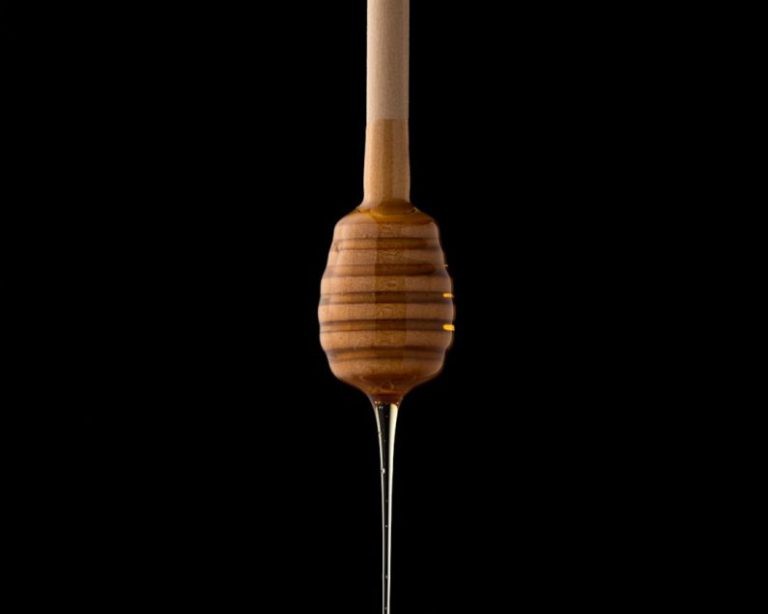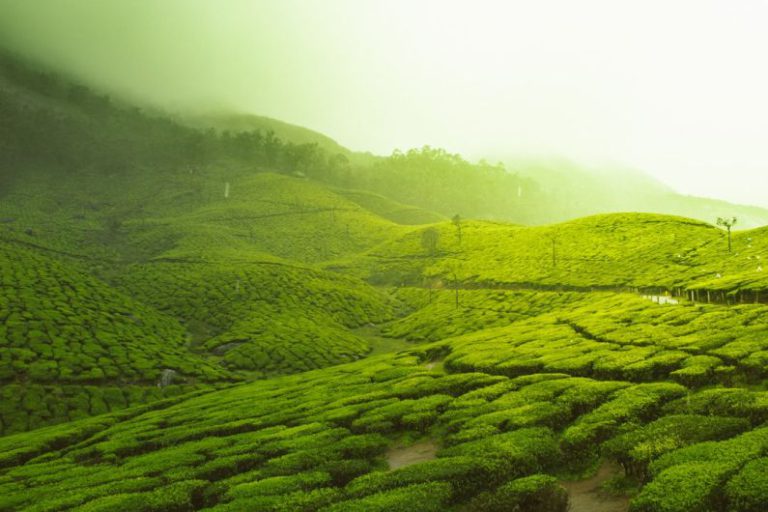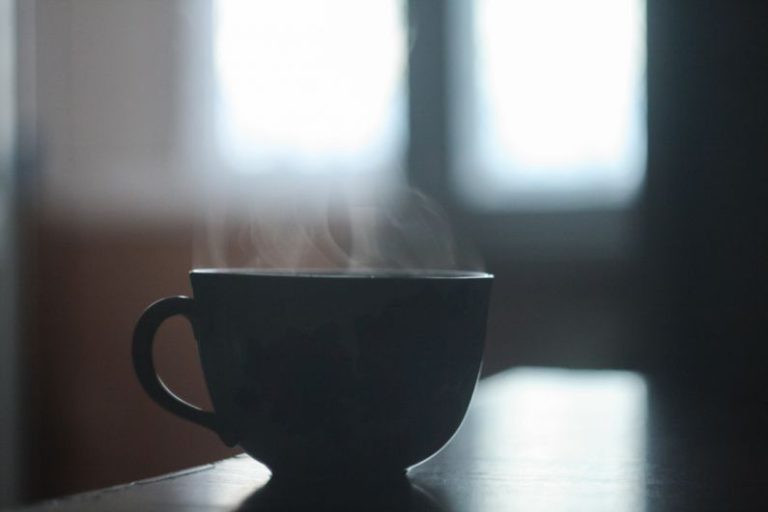Sencha Tea: the Backbone of Japanese Green Teas
Green tea holds a special place in Japanese culture and cuisine, with its unique flavors and health benefits. Among the various types of Japanese green teas, sencha stands out as the most popular and widely consumed variety. Known for its vibrant color, refreshing taste, and numerous health benefits, sencha tea has become a staple in households and teahouses across Japan and beyond.
The Art of Sencha Tea Production
Sencha tea is made from young tea leaves that are harvested in the early spring, making it a seasonal delicacy. The leaves are carefully handpicked and quickly steamed to prevent oxidation, which helps to preserve their vibrant green color and fresh flavor. After steaming, the leaves are rolled and dried to create the distinctive needle-like shape that is characteristic of sencha tea.
The steaming process used in sencha production sets it apart from other green teas like matcha or gyokuro, which are produced using different methods. This steaming technique gives sencha its grassy and slightly astringent flavor profile, making it a favorite among tea enthusiasts for its refreshing and invigorating taste.
Flavor Profile and Brewing Methods
Sencha tea is known for its bright green liquor and a delicate balance of sweet and bitter notes. It has a fresh and grassy aroma, with a slightly vegetal taste that is both soothing and uplifting. The flavor of sencha can vary depending on the region where it is grown, the time of harvest, and the processing methods used.
To brew the perfect cup of sencha tea, it is essential to pay attention to the water temperature and steeping time. The ideal water temperature for brewing sencha is around 70-80°C, as using water that is too hot can result in a bitter and astringent taste. Steeping sencha for 1-2 minutes allows the leaves to unfurl and release their flavors gently, producing a well-balanced and aromatic cup of tea.
Health Benefits of Sencha Tea
In addition to its delightful flavor, sencha tea is also prized for its health benefits. Like other green teas, sencha is rich in antioxidants, particularly catechins, which have been linked to various health benefits, including improved heart health, boosted immunity, and potential cancer-fighting properties. The high levels of polyphenols in sencha tea also make it a popular choice for those looking to improve their overall health and well-being.
Sencha tea is also believed to aid in digestion, promote weight loss, and provide a natural energy boost without the jitters often associated with coffee. Its calming properties make it a popular choice for relaxation and stress relief, making it an excellent choice for those looking to unwind after a long day.
Where to Find Sencha Tea
Sencha tea is widely available in specialty tea shops, online retailers, and even some grocery stores, making it easy to enjoy this Japanese green tea wherever you are. Whether you prefer loose leaf sencha or convenient tea bags, there are plenty of options to suit your taste and brewing preferences.
In conclusion, sencha tea is truly the backbone of Japanese green teas, with its vibrant flavor, health benefits, and rich cultural significance. Whether enjoyed hot or cold, sencha tea offers a delightful and refreshing experience that is sure to captivate tea lovers around the world.






